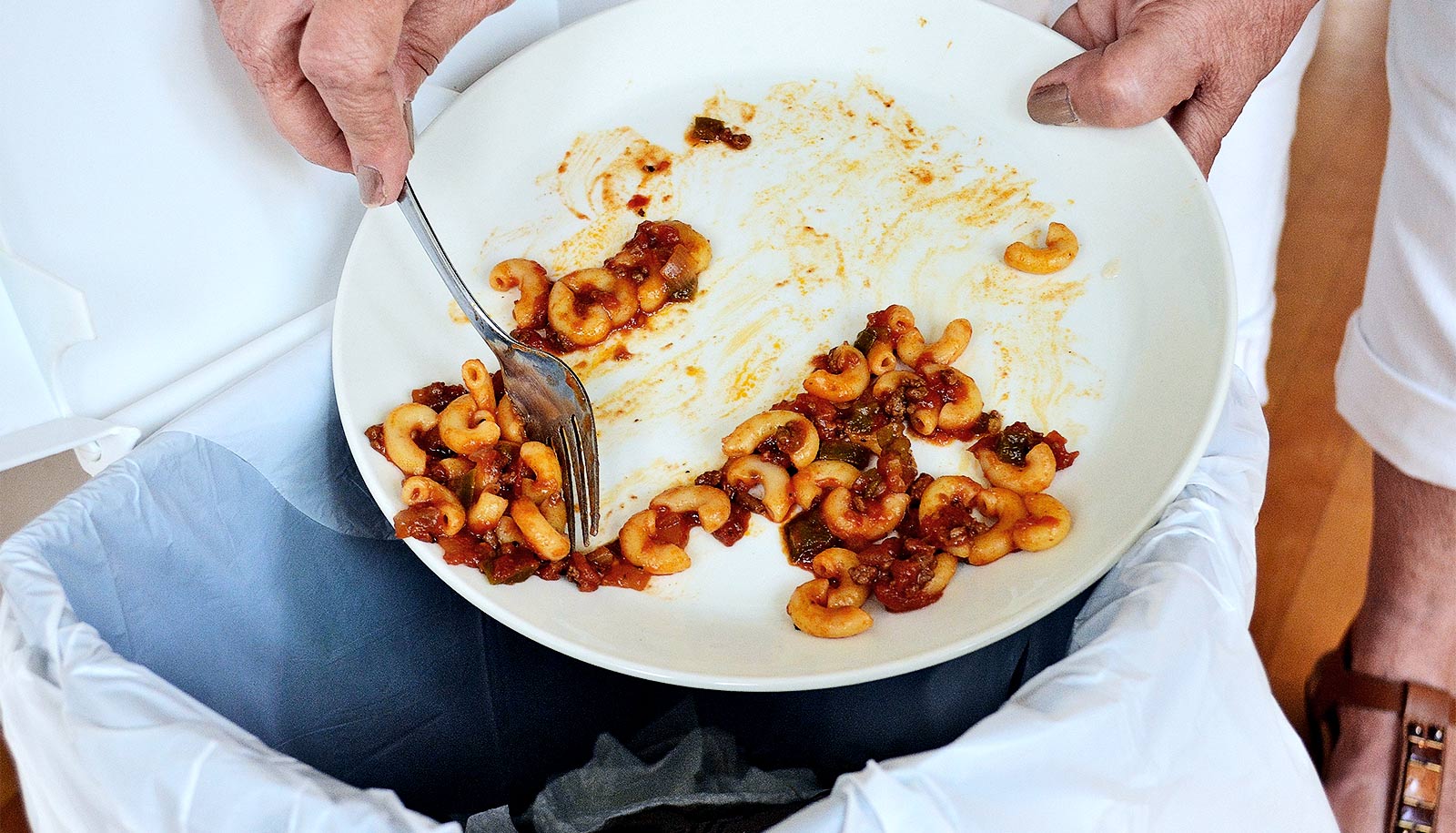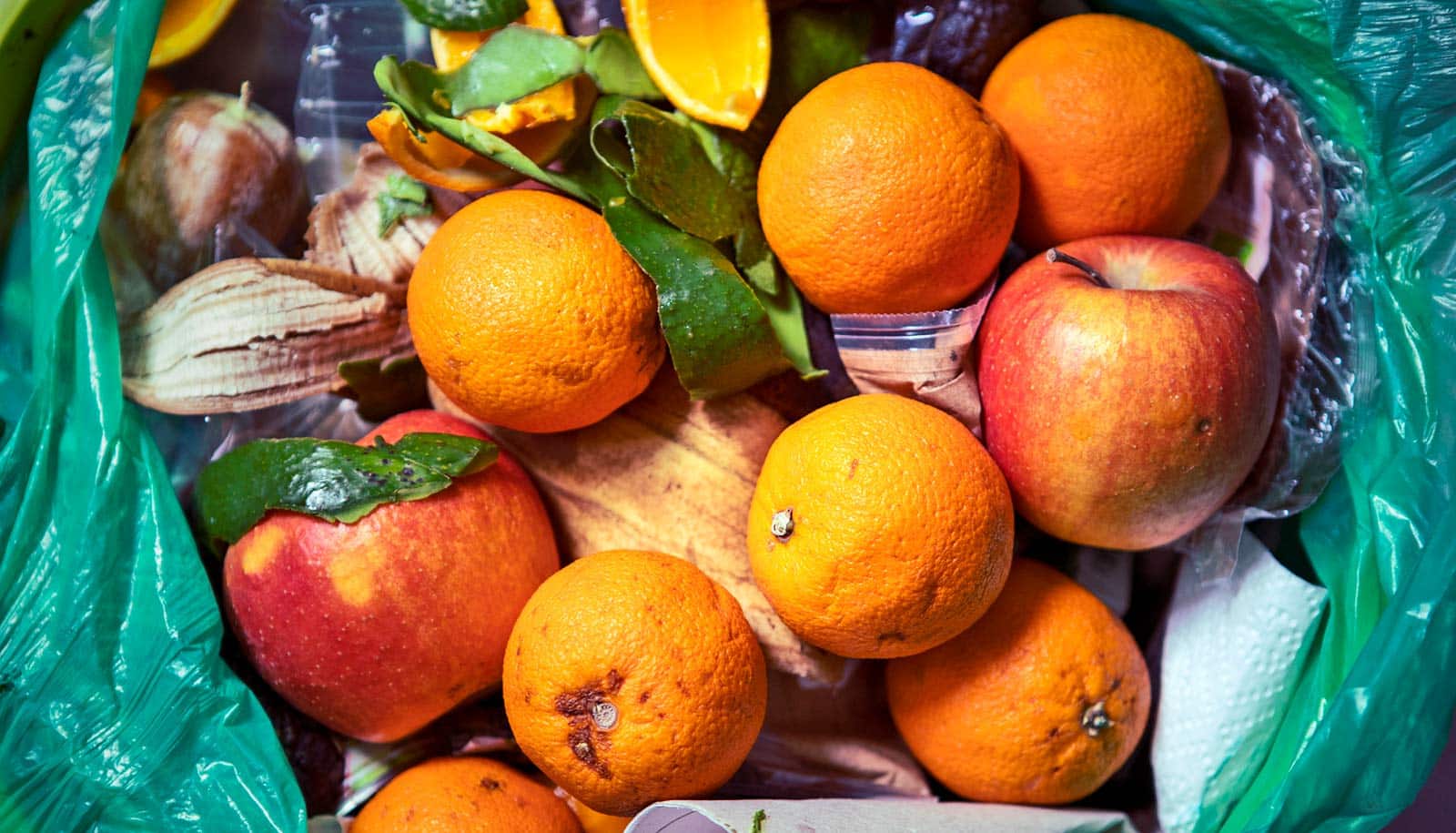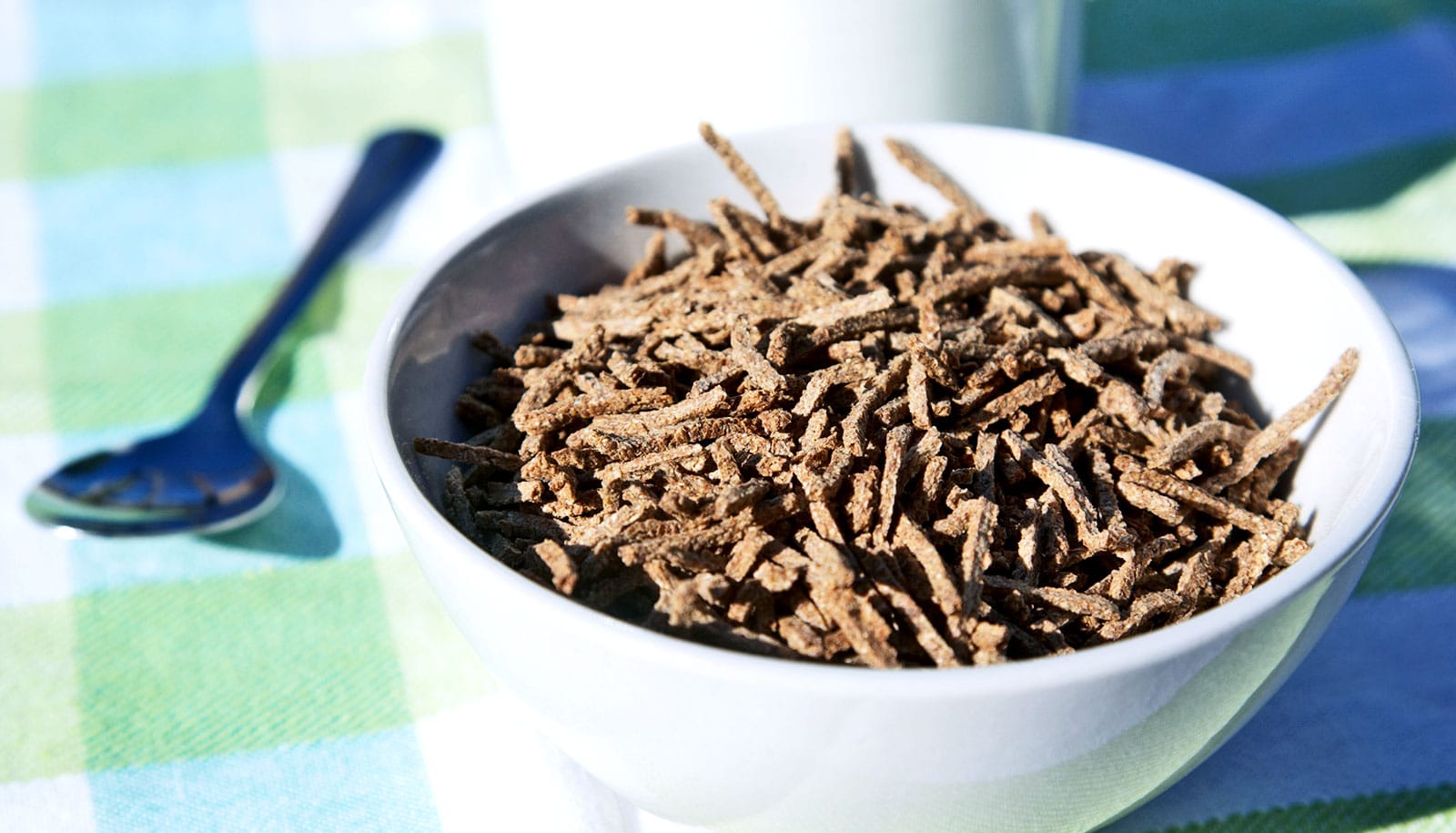This is a guest post by Ellen Shumaker, food safety expert and an extension associate at North Carolina State University.
Up to 40% of the food grown, prepared, or sold in the United States is wasted. April 28 is Stop Food Waste day.
Here are some steps you can take to reduce how much food you waste at home:
1. Understand date labels
Uncertainty and confusion surrounding the meaning of date labels in the home is believed to contribute to about 20% of food wasted by consumers. In most cases (apart from infant formula), date labels relate to the quality of a food rather than safety.
If stored as recommended, many foods can be safely consumed past the date label. Keep an eye on foods in your kitchen that go past the “best if used by” date for appearance of off-color or textural issues, which you may want to avoid eating. You can also try to meal plan to prioritize preparing foods that are going to lose their quality quicker.
Infant formula must be discarded after the “use by” date, because it loses its nutritional value after that date.
2. Freeze food
A wide variety of foods can be frozen, including fruits, vegetables, dairy, shelled eggs, raw and cooked meat, poultry, fish, baked items, soup, rice, and herbs. Follow recommendations for freezing each food as it relates to blanching, peeling, and pitting and be sure to use freezer foil, wrap, or bags, freezer jars, or plastic freezing containers. Frozen foods can stay high quality for up to one year.
3. Dry food
Dehydrating foods can be a great way to stretch the shelf life of foods in your kitchen. Fruits, vegetables, meat, and herbs can all be dried. Be sure to use tested recipes and know how to use your equipment. Dried foods can remain high quality for up to one year.
4. Enjoy leftovers
After a meal, cool leftovers quickly by dividing into smaller containers and putting in the refrigerator within four hours. Foods cooked and stored safely can be reheated to any temperature. Leftovers can be kept safely in the refrigerator at 41 degrees Fahrenheit for up to seven days.
Source: NC State



